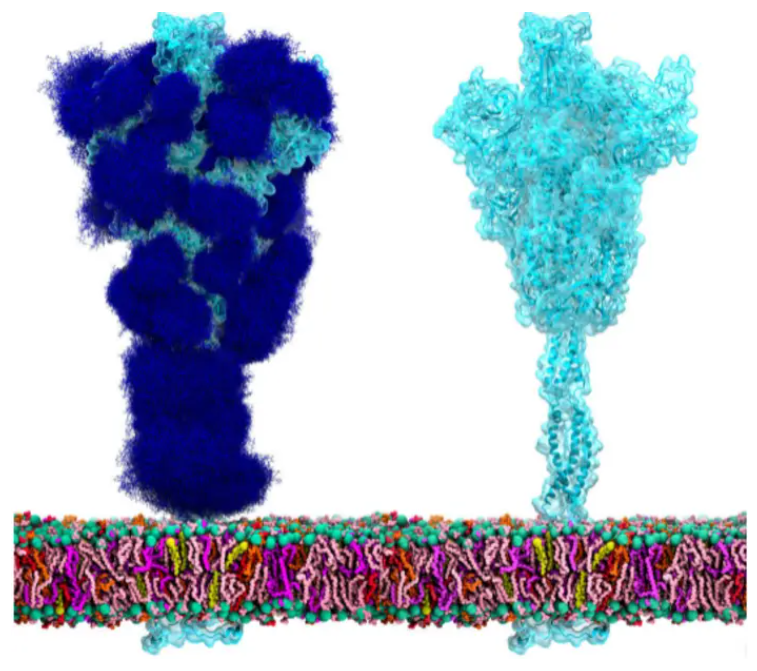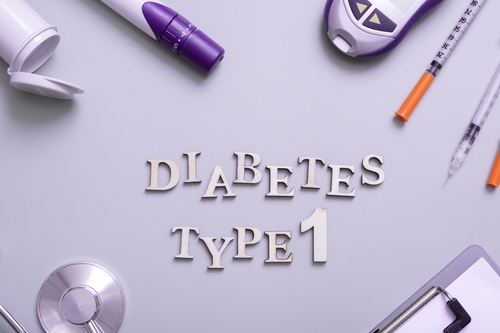
An article published in Leukemia Research outlined factors to consider when treating patients with acute leukemia during the COVID-19 pandemic.
“COVID-19′s mortality rate is difficult to quantify as it varies with the characteristics of the considered population, notably patients’ demographics and health-care resources. Mortality rises among older people and those with underlying conditions. The true impact of underlying immunosuppression is controversial,” the study authors wrote.
“With the present paper, we intend to delineate the possible impact of the current COVID-19 pandemic on patients with acute leukemia in terms of diagnosis, chemotherapy, bone marrow transplantation, maintenance treatments, supportive measures and targeted therapies, as well as ways to mitigate it.”
Key points highlighted in the paper include:
- Missed or delayed diagnosis
- Delay or deferral in chemotherapy and hematopoietic stem cell transplantation (HSCT)
- Shortfall of blood products
- Interruption of maintenance therapy
- Targeted therapies
- Investigational therapies and clinical studies
- Prophylactic measures
Missed or Delayed Diagnosis, Delayed/Deferred Treatment
Acute leukemia patients have a high risk of receiving a delayed diagnosis or not being diagnosed at all because at least half of these patients are febrile at time of diagnosis. “This also applies to other oncological conditions such as primary mediastinal lymphoma or lung cancer, which often present with a cough with or without fever, symptoms that are likely to be considered trivial after a negative SARS-CoV-2 test,” the study authors noted.
Several factors may also result in delayed or deferred chemotherapy, including a shortage of isolation beds, avoidance of immunosuppressive treatments, and a shortage of blood supplies. HSCT is also affected during the pandemic because both patients must be healthy for transplantation.
“Deferring allogeneic HSCT is recommended if possible; however, transmission from donor to recipient, either in the transfusion of blood products or cellular therapies, has not been yet reported. Literature data on the impact of delayed transplant is ambiguous, obscured by differences in stem cell source and disease subtype. However, if a delay in transplant results in the reappearance of a significant minimal residual disease (MRD), a negative impact on survival is well established,” according to the study authors.
Therapies: Interruption of Maintenance Therapy, Targeted Therapies, and Effects on Clinical Trials
Acute lymphoblastic leukemia treatment typically includes up to two years of maintenance therapy. The current recommendation is to exclude vincristine and prednisone from maintenance therapy and continue 6-mercapto-purine and methotrexate. The effect this will have on survival and relapse is unclear.
Targeted therapies have become more widely used—some of which may cause respiratory complications and infections. These risks may be increased in elderly patients who contract COVID-19.
Modified and discontinued therapies will also result in more patients being withdrawn from clinical studies, permanently affecting the outcomes of these trials.
Prophylactic Measures for Acute Leukemia Patients
The study authors wrote that leukemia patients must be protected from COVID-19, with measures including home isolation, working from home when possible, and being tested for SARS-CoV-2 infection per local guidelines. These patients are considered immunocompromised and should be up-to-date on all vaccinations because bacterial infections second to viral infections are known to cause complications in other diseases, such as influenza.
COVID-19 will lead to a large number of deaths, the researchers concluded, with acute leukemia patients at a significant risk of complications.
“The points discussed above should be considered in all patients with acute leukemia in order to best tailor individual therapeutic decisions and, whenever possible, mitigate the impact of the pandemic,” they summarized.







 © 2025 Mashup Media, LLC, a Formedics Property. All Rights Reserved.
© 2025 Mashup Media, LLC, a Formedics Property. All Rights Reserved.